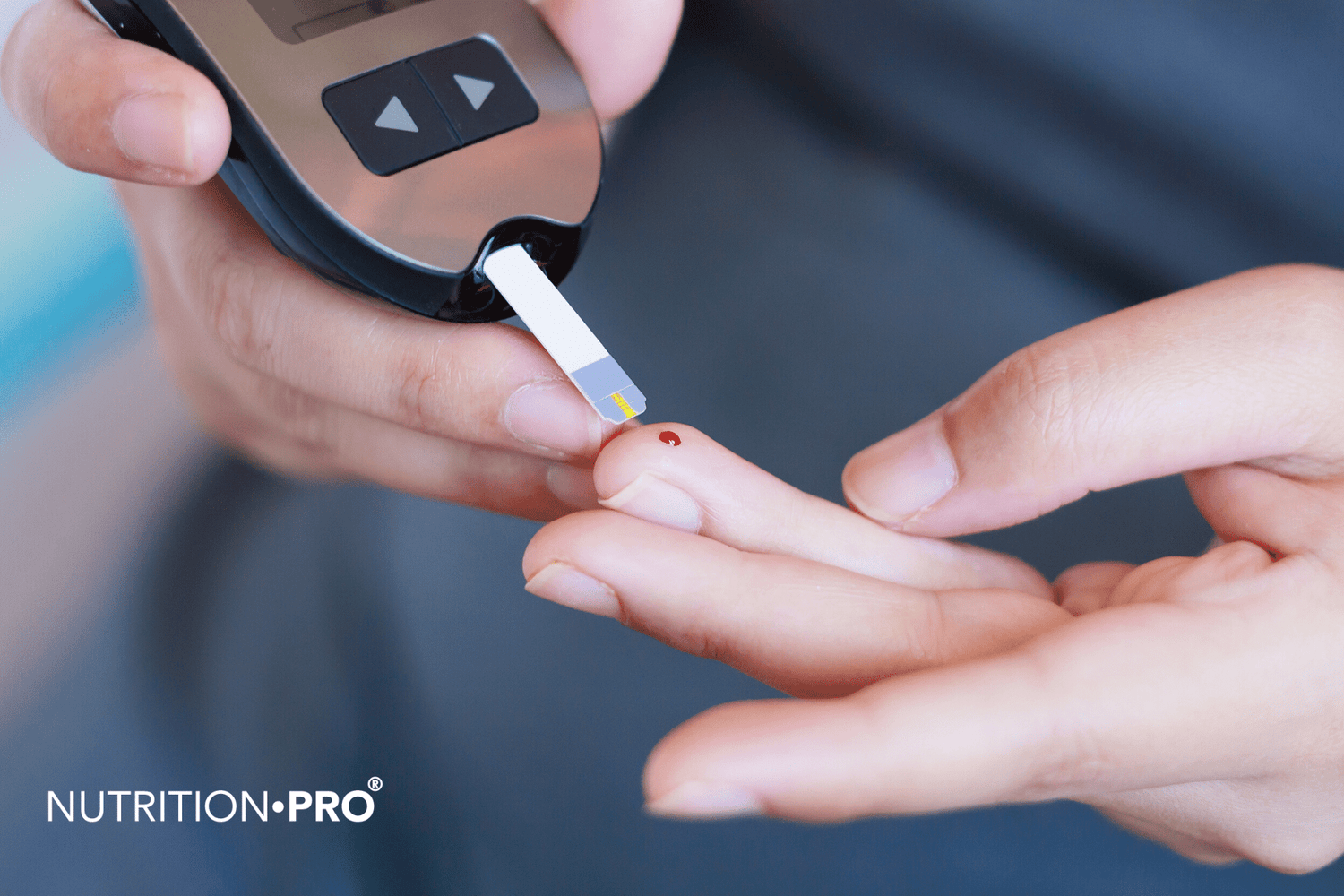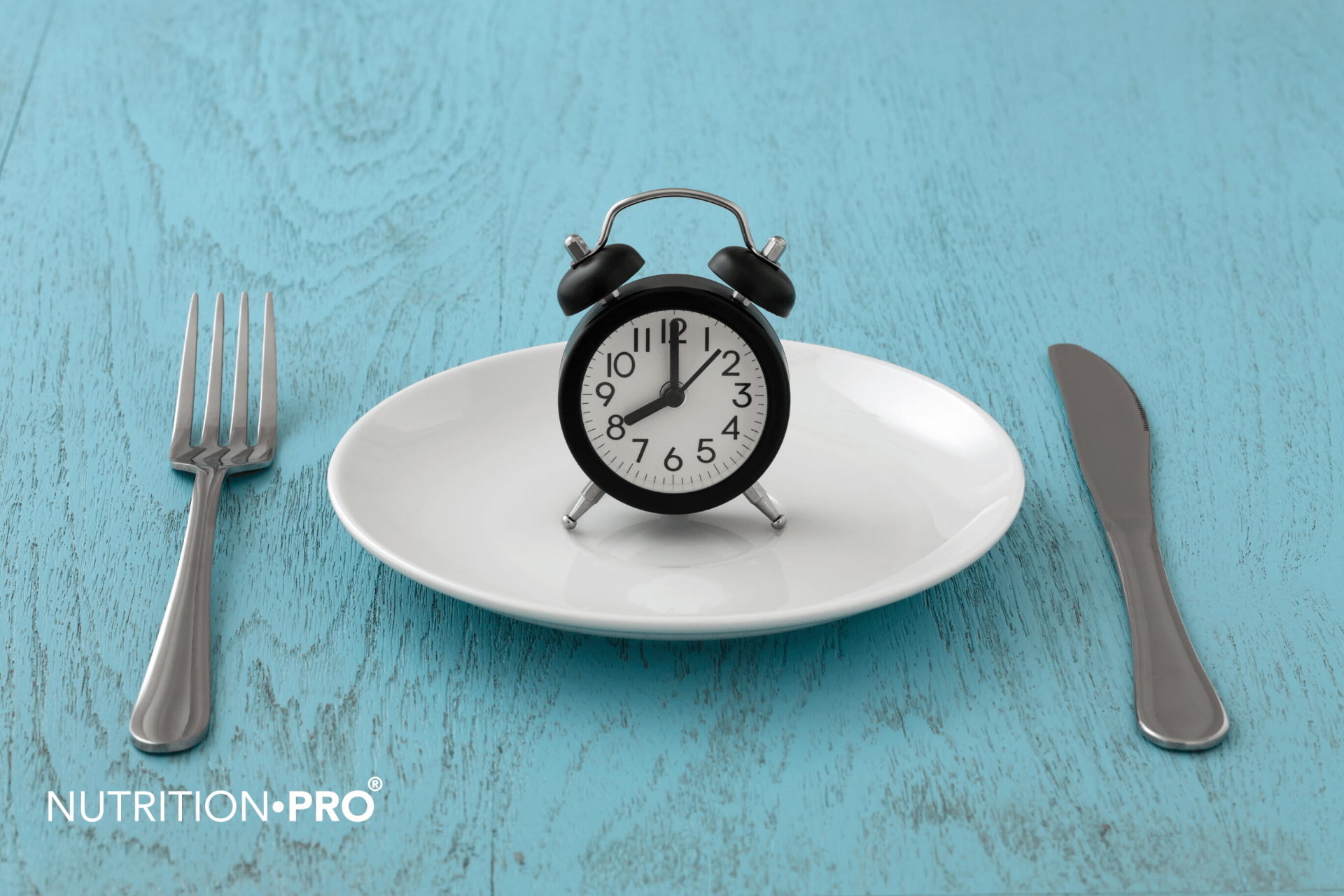Finding the Best Foods to Eat When You're Suffering diabetes can be difficult.
The main goal is to maintain well-controlled blood sugar.
However, it's also important to eat foods that help prevent diabetes complications like heart disease.
Here are the 15 best foods for diabetics , type 1 and type 2.
1. Oily fish
the fish bold is one of the healthiest foods on the planet.
Salmon , sardines, herring, anchovies and mackerel are excellent sources of omega-3 fatty acids DHA and EPA, which have advantages adults for heart health.
Getting enough of these fats on a regular basis is especially important for people with diabetes, who have an increased risk of heart disease and stroke .
DHA and EPA protect the cells that line your blood vessels, reduce markers of inflammation and improve the functioning of your arteries after eating .
A number of observational studies suggest that people who regularly eat fatty fish have a lower risk of heart failure and are less likely to die from heart disease .
In studies, older men and women who ate oily fish 5–7 days a week for 8 weeks showed significant reductions in triglycerides and inflammatory markers .
Fish is also an excellent source of proteins High quality , which helps you feel full and increases your metabolic rate .
The green vegetables
Leafy green vegetables are extremely nutritious and low in calories .
They are also very low in carbohydrates digestible, which raises your blood sugar.
Spinach , the kale and other leafy green vegetables are good sources of several vitamins and minerals, including vitamin C.
In one study, increasing vitamin C intake reduced inflammatory markers and fasting blood sugar in people with type 2 diabetes or high blood pressure .
Plus, leafy greens are good sources of the antioxidants lutein and zeaxanthin.
These antioxidants protect your eyes from macular degeneration and cataracts, which are common complications of diabetes .
3. Cinnamon
cinnamon is a delicious spicy with powerful antioxidant activity.
Several controlled studies have shown that cinnamon can lower blood sugar and improve the insulin sensitivity .
Long-term diabetes control is usually determined by measuring hemoglobin A1c , which reflects your average blood sugar over 2 to 3 months.
In one study, patients with type 2 diabetes who took cinnamon for 90 days had more than a double reduction in hemoglobin A1c, compared to those who received only standard care .
A recent analysis of 10 studies found that cinnamon may also lower cholesterol and triglyceride levels .
However, a few studies have not shown cinnamon to benefit blood sugar or cholesterol, including one on teens with type 1 diabetes .
Additionally, you should limit your intake of cinnamon — the kind found in most grocery stores — to less than 1 teaspoon per day.
It contains coumarin, which is linked to health problems at higher doses .
On the other hand, the cinnamon, the ("true") contains much less coumarin.
4- Eggs
The eggs provide benefits amazing for the health.
In fact, they're one of the best foods to keep you full for hours .
Eating eggs regularly can also reduce your risk of heart disease in several ways.
Eggs decrease inflammation, improve insulin sensitivity, raise your "good" HDL cholesterol levels, and change the size and shape of your "bad" LDL cholesterol .
In one study, people with type 2 diabetes who ate 2 eggs a day as part of a high protein diet have saw their cholesterol and blood sugar levels improve .
Additionally, eggs are one of the best sources of lutein and zeaxanthin, antioxidants that protect the eyes from disease .
Just be sure to eat whole eggs. The benefits of eggs are mainly due to the nutrients found in the yolk rather than the white.
5. Chia seeds
Chia seeds are a wonderful food for people with diabetes.
They are extremely high in fiber, but low in digestible carbohydrates.
In fact, 11 of the 12 grams of carbs in a 28-gram serving of chia seeds are fiber, which doesn't raise blood sugar.
The viscous fiber in chia seeds may actually lower your blood sugar levels by slowing the rate at which food moves through your gut and is absorbed .
Chia seeds can help you achieve a healthy weight because the fiber reduces hunger and fills you up. Additionally, fiber can decrease the amount of calories you take in from other foods at the same meal .
Additionally, chia seeds have been shown to reduce blood pressure and inflammatory markers .
Find our organic chia seeds here: https://urlz.fr/aVPh
6. Turmeric
turmeric is a spice with powerful health benefits .
Its active ingredient, curcumin, can reduce inflammation and blood sugar, while reducing the risk of heart disease .
Additionally, curcumin appears to benefit kidney health in diabetics. This is important because diabetes is one of the leading causes of kidney disease .
Unfortunately, curcumin is not well absorbed on its own. Be sure to consume turmeric with piperine (found in black pepper) to increase absorption by up to 2000% .
7. Greek yogurt
the yogurt Greek is an excellent choice dairy for diabetics.
It has been shown to improve blood sugar control and reduce the risk of heart disease, perhaps in part due to probiotics that it contains .
Studies have shown that yogurt and other dairy products can cause weight loss and better body composition in people with type 2 diabetes.
It is believed that the high content of calcium and conjugated linolic acid (CLA) of dairy could play a role .
Additionally, Greek yogurt contains only 6-8 grams of carbs per serving, which is lower than conventional yogurt. It is also higher in protein, which promotes weight loss reducing appetite and decreasing calorie intake .
8. Nuts
Nuts are delicious and nutritious.
All types of nuts contain fiber and are low in digestible carbohydrates, although some have more than others.
Here are the amounts of digestible carbohydrates per serving of (28 grams) of nuts:
- Almonds: 2.6 grams
- Brazil nut: 1.4 grams
- Cashew nut: 7.7 grams
- Hazelnut: 2 grams
- Macadamia: 1.5 grams
- Pecan nuts: 1.2 grams
- Pistachios: 5 grams
- Nut: 2 grams
Research on a variety of different nuts has shown that regular consumption can reduce inflammation and lower blood sugar, HbA1c and LDL levels .
In one study, people with diabetes who included 30 grams of nut in their daily diet for a year lost weight, improved body composition, and experienced a significant reduction in insulin levels .
This finding is important because people with type 2 diabetes often have high insulin levels, which are linked to obesity.
Additionally, some researchers believe that chronically high insulin levels increase the risk of other serious diseases, such as cancer and Alzheimer's disease .
9. Broccoli
Broccoli is one of the most nutritious vegetables on the market.
Half a cup of cooked broccoli has just 27 calories and 3 grams of digestible carbs, plus important nutrients like vitamin C and magnesium .
Studies in diabetics have shown that broccoli can help lower insulin levels and protect cells against harmful free radicals produced during metabolism .
Additionally, broccoli is another good source of lutein and zeaxanthin. These important antioxidants help prevent eye disease .
10. Extra virgin olive oil
Extra virgin olive oil is extremely beneficial for heart health.
It contains oleic acid, a type of monounsaturated fat that has been shown to improve triglycerides and HDL, which are often at unhealthy levels in type 2 diabetes.
It can also increase the satiety hormone GLP-1 .
In a large analysis of 32 studies on different types of fats , olive oil was the only one to reduce the risk of heart disease .
Olive oil also contains antioxidants called polyphenols. They reduce inflammation, protect the cells that line your blood vessels, prevent your LDL cholesterol from being damaged by oxidation, and lower blood pressure .
Extra virgin olive oil is unrefined and retains the antioxidants and other properties that make it so healthy. Be sure to choose extra virgin olive oil from a reputable source, as many olive oils are blended with cheaper oils like corn and soy.
11. Flax seeds
Flax seeds are an incredibly healthy food.
Part of their insoluble fiber is lignans, which may reduce the risk of heart disease and improve blood sugar control .
In one study, people with type 2 diabetes who took flax lignans for 12 weeks showed significant improvement in hemoglobin A1c .
Another study suggested that flaxseed may reduce the risk of stroke and potentially lower the dose of medication needed to prevent blood clots .
Flaxseeds are very rich in viscous fiber, which improves the gut health , insulin sensitivity and feelings of fullness .
Your body cannot absorb whole flaxseeds, so buy ground flaxseeds or grind them yourself. It's also important to keep flaxseeds well covered in the refrigerator to prevent them from going rancid.
12. Apple cider vinegar
Apple cider vinegar has many health benefits.
Although it is made from apples , the sugar in the fruit is fermented into acetic acid and the resulting product contains less than 1 gram of carbohydrates per tablespoon.
Apple cider vinegar has been shown to improve insulin sensitivity and lower fasting blood sugar. It may also reduce glycemic response by 20% when consumed with carbohydrate-containing meals .
In one study, people with poorly controlled diabetes had a 6% reduction in fasting blood sugar by taking 2 tablespoons of apple cider vinegar before bed .
However, it can be a problem for people with gastroparesis, a condition of delayed stomach emptying that is common in diabetes, especially type 1 .
To incorporate apple cider vinegar into your diet, start with 1 teaspoon mixed in a glass of water each day. Increase to a maximum of 2 tablespoons per day.
Apple cider vinegar can also slow stomach emptying and keep you full.
13. Strawberries
The strawberries are one of the most nutritious fruits you can eat.
They are rich in antioxidants called anthocyanins, which give them their red color.
Anthocyanins have been shown to reduce cholesterol and insulin levels after a meal. They also improve blood sugar and heart disease risk factors in type 2 diabetes .
A one-cup serving of strawberries has 49 calories and 11 grams of carbs, three of which are fiber.
This serving also provides over 100% of the RDA for vitamin C, which provides additional anti-inflammatory benefits for heart health .
14. Garlic
garlic is a delicious herb with impressive health benefits.
Several studies have shown that it may reduce inflammation, blood sugar, and LDL cholesterol in people with type 2 diabetes .
It can also be very effective in reducing blood pressure .
In one study, people with uncontrolled high blood pressure who took aged garlic for 12 weeks experienced an average drop of 10 points in blood pressure .
A clove of raw garlic contains only 4 calories and 1 gram of carbohydrates.
15. Squash
Squash is one of the healthiest vegetables there is.
Winter varieties have a hard shell and include acorn, pumpkin, and butternut.
Summer squash has a soft skin that can be eaten. The most common types are zucchini and Italian squash.
Like most vegetables, squash contains beneficial antioxidants. Many types of winter squash are rich in lutein and zeaxanthin, which protect against cataracts and macular degeneration.
Animal studies using squash extract have also reported reductions in obesity and insulin levels .
Although there is very little research on humans, one study found that people with type 2 diabetes who took winter squash extract Cucurbita ficifolia have experienced a significant drop in blood sugar .
However, winter squash is higher in carbs than summer squash.
For example, 1 cup of cooked pumpkin contains 9 grams of digestible carbohydrates, while 1 cup of cooked zucchini contains only 3 grams of digestible carbohydrates.
The essential
Uncontrolled diabetes increases the risk of several serious diseases.
However, eating foods that help control blood sugar, insulin, and inflammation can significantly reduce the risk of developing complications.















